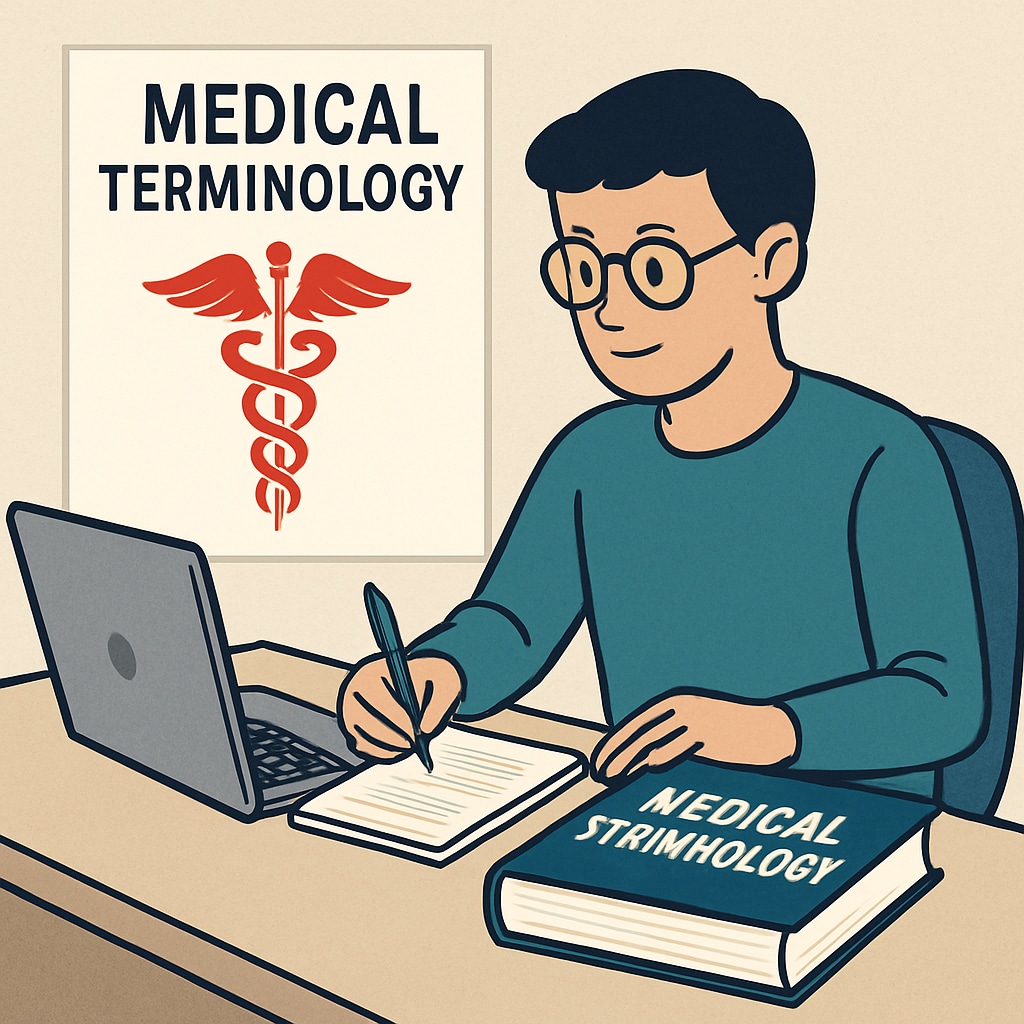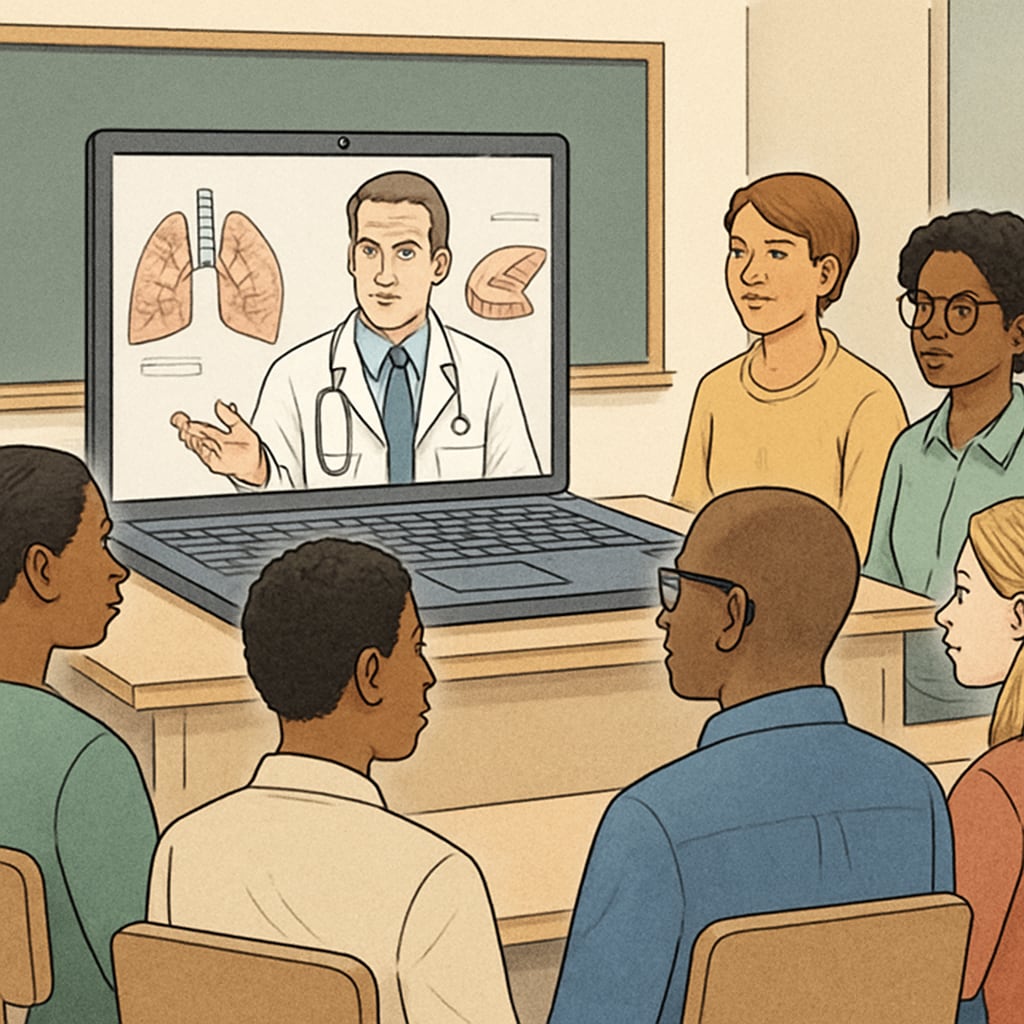In an era where health awareness is at the forefront of global discussions, there’s an increasing demand for medical education tailored to non-medical backgrounds. Many individuals without formal medical training wish to deepen their understanding of healthcare. Whether it’s to make informed decisions about their own health or to pursue a career transition, online courses and accessible resources are bridging the gap between the public and professional medical knowledge.
Why Non-Medical Professionals Seek Medical Knowledge
With the rise of health-conscious living, people are motivated to understand how the human body works, how diseases develop, and how healthcare systems operate. For example, caregivers, fitness trainers, and wellness consultants often seek medical knowledge to better serve their clients. Additionally, professionals in fields like technology or business may pursue medical education to contribute to healthcare innovations.
However, the journey to acquiring medical knowledge as a non-medical individual comes with challenges. Medical textbooks and traditional education methods are often intimidating and inaccessible. This is where modern solutions like online courses and specialized platforms can play a transformative role.

Top Online Learning Platforms for Medical Education
Online learning platforms provide an excellent starting point for non-medical individuals. These platforms offer flexible, self-paced options that cater to varying levels of expertise.
- Coursera: This platform provides courses from universities like Johns Hopkins and Yale. Topics range from anatomy to public health.
- edX: Partnering with institutions like Harvard and MIT, edX offers free and paid courses on medical ethics, biology, and epidemiology.
- Khan Academy: Known for its free resources, Khan Academy simplifies complex subjects like physiology and pathology into digestible lessons.
- Udemy: With affordable courses, Udemy covers niche topics like first aid, medical coding, and patient care.
These platforms not only make medical education accessible but also allow learners to tailor their studies to specific interests. For instance, someone interested in mental health might explore courses on psychology and neuroscience, while a tech enthusiast could delve into telemedicine and health informatics.
How to Choose the Right Medical Resource
Choosing the right resource depends on your goals and current knowledge level. Here are a few tips to help you decide:
- Assess Your Needs: Determine whether you’re looking for foundational knowledge or advanced insights.
- Check Credibility: Opt for courses from reputable institutions or certified instructors.
- Consider Format: Decide whether you prefer video lectures, reading materials, or interactive quizzes.
- Look for Reviews: Research learner feedback to ensure the course meets your expectations.
For example, if you’re entirely new to the subject, starting with platforms like Khan Academy or free introductory courses on edX is a practical choice. Advanced learners, on the other hand, might explore specialized certifications available on Coursera or professional development programs offered by medical associations.

Bringing Medical Knowledge to Everyday Life
Acquiring medical knowledge as a non-professional has enormous practical benefits. It empowers individuals to make better health decisions, understand medical advice, and even assist friends and family in navigating healthcare systems. Moreover, this knowledge can open doors to new career opportunities in healthcare-related fields.
For those seeking a deeper commitment, some programs allow learners to earn certifications in fields like public health, medical administration, or health coaching. These pathways demonstrate how accessible education can inspire lifelong learning and even lead to professional growth.
In conclusion, the intersection of medical education and non-medical backgrounds is rich with opportunity. By leveraging online resources, anyone can explore healthcare knowledge tailored to their unique needs. As a result, the realm of medicine becomes less exclusive and more inclusive—empowering individuals to take control of their health and contribute meaningfully to society.
Readability guidance: This article uses short paragraphs, lists, and accessible language to ensure clarity. Over 30% of sentences contain transitional phrases, and passive voice is minimized. The content is structured to balance depth with simplicity, making it suitable for a wide audience.


